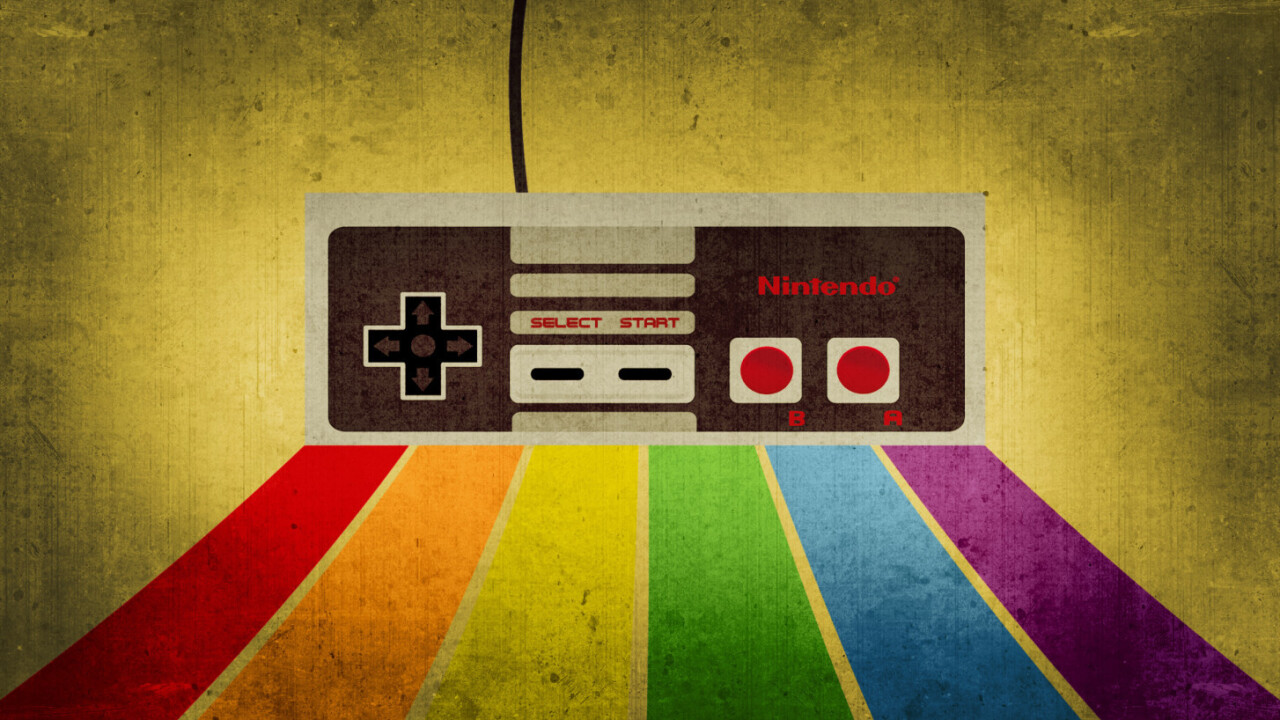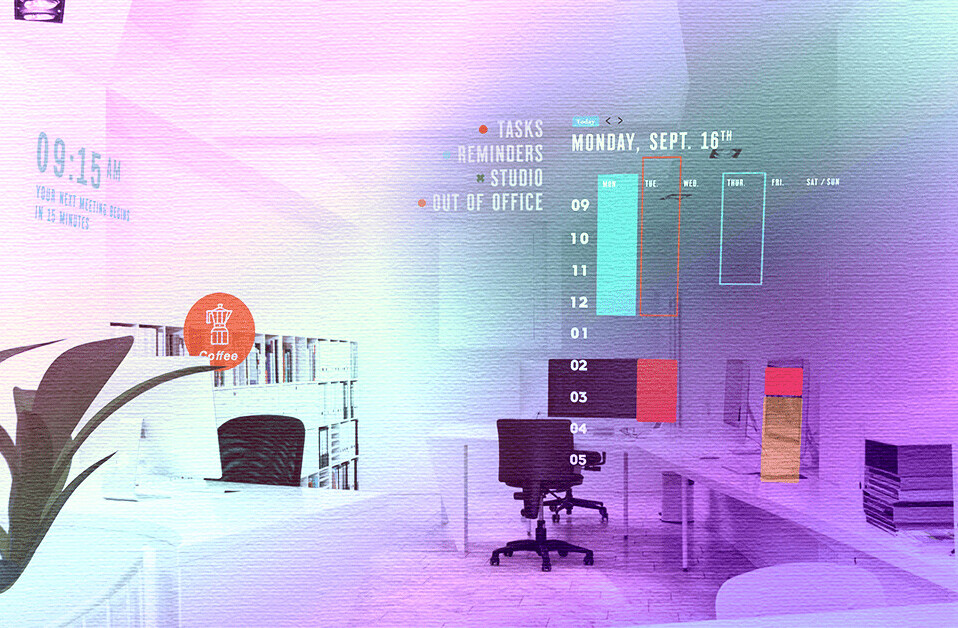
Home to nearly 2 billion gamers and a growing USD $94.4 billion in revenue from ‘direct-from-publisher’ digital goods, the gaming industry is truly booming. And it is only expected to grow, as experts project a number north of USD $128 billion in annual volume by 2020.
Despite its meteoric rise in popularity, there are still many rocks waiting to be turned over in the industry. Specifically, there is a massive, untapped opportunity to improve the security and efficiency of the market for “gamer-earned” digital goods (i.e the digital goods that gamers earn by playing the game).
Currently, both casual and hard core gamers alike invest tons of their time and money in earning these rare collectible items. But as games wane down, as they regularly do, and people lose interest, those collectibles become illiquid. Regardless of how many thousands of dollars and days of time were spent earning a good, gamers lose everything. Finding the right solution to this problem could unlock an entire new market for gamers to buy, sell, and trade items.
This is not a particularly unique or insightful observation. A number of companies are aware and have attempted to address this value drain for both gamers and publishers. Sadly, no team has been able to create a safe and stable infrastructure designed to support transactions of digital goods at any reasonable scale. Steam, the popular gaming community, released a marketplace that fell short, as it only allowed gamers to transact on its platform (not cash out).
And what we are left with, in this search for a more liquid marketplace, is a random mix of forums and Reddit pages that are left without security. In fact, many of these have inadvertently become platforms for fraud and scams.
There is, however, a new renaissance of startups trying to build out services and tooling for the gaming industry. One particularly promising startup, Gameflip, is focused on this exact platform problem. They have been in the business of buying and selling digital goods for years, and have millions of gamers on their platform.
What is particularly exciting is that they are now extending their existing, proven platform to the public via the blockchain. In essence, they are giving gamers the opportunity to liquidate their goods in a secure, fraud-free ecosystem that this space has never seen before.
Capturing the opportunity
With any lucrative opportunity comes immense competition. The problem for many new startups trying to enter this space, however, is that, without the years of experience that Gameflip has, it is really hard to truly empathize with and understand the customer. Many of their competitors are completely leaving out perhaps the most essential piece of the entire puzzle, the gatekeepers: the game publishers.
Game publishers own, develop and operate 100% of the games, including all of the digital goods generated within that game. There is fundamentally no way to move (buy, sell, trade) the digital goods onto the blockchain without their active participation.
And often times, they are wary about which technologies and teams they integrate with – especially one that has not been tested and proven. To say the least, their threshold is extremely high in securing the billions of dollars worth of transactions that happen within their gaming environments.
To achieve any sort of scale, you inevitably need to partner with the right game publishers to help spread the word about your marketplace. Gameflip is in a unique position to leverage the strong relationships they have been developing over the years with key global game publishers, which can help them bring a crypto-token and decentralized ecosystem to gamers around the globe, faster and more fluidly than any other team.
Their plan, unique to the market, is to launch their FLIP (FLP) token authorized by Ethereum Smart Contracts, which will enable gamers to buy and sell digital goods safely on any centralized or decentralized platform. Blockchain is a proven piece of technology that is continuing to gain mass appeal each and every day.
Much of their competitive advantage over new entrants is built on their currently thriving platform. They have already invested millions of dollars in creating a transactional infrastructure – ready to support growth. Gameflip’s digital goods marketplace already enables gamers to safely transact digital goods for games across all gaming platforms. And with a community of over 2 million sending millions and millions of dollars across the marketplace each and every month, Gameflip is a living case study that shows publishers not only the demand for transacting digital goods, but also its massive revenue opportunities.
Another strong sign is that the people behind Gameflip are true experts in the industry, having accumulated over a century of collective experience architecting, launching and operating free-to-play gaming platforms. They even built Aeria Games, a $100M game publishing business, which gave them a unique opportunity to explore the challenges publishers face on a day- to-day basis.
This success spurred a number of critical relationships found across the industry. And in a world where “who you know” can mean the difference between success and failure, they are in an extremely desired spot. Previously, the Gameflip team has partnered with top global game publishers like Disney, Ubisoft, Nexon, NHN, Sony, Bigpoint and GREE and their advisors are the founders of Electronic Arts, GREE and Bigpoint.
As they prepare to launch their Initial Coin Offering for the FLIP token, Gameflip hopes to gain mass appeal and achieve buy in from gamers, publishers, and investors alike. As the network effect snowballs, and more and more publishers make their way on the platform, FLIP will be able to command the gaming industry as a universally accepted means of transacting digital goods. And, over time, make for a much safer and more efficient ecosystem for all parties.
Get the TNW newsletter
Get the most important tech news in your inbox each week.





